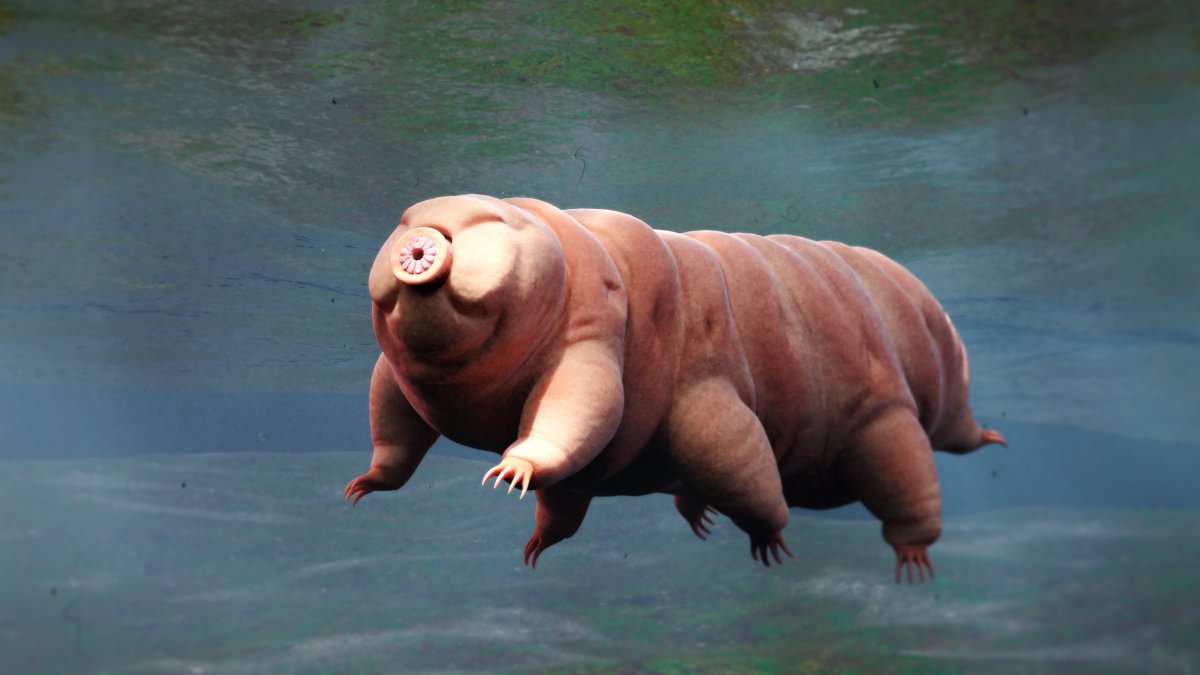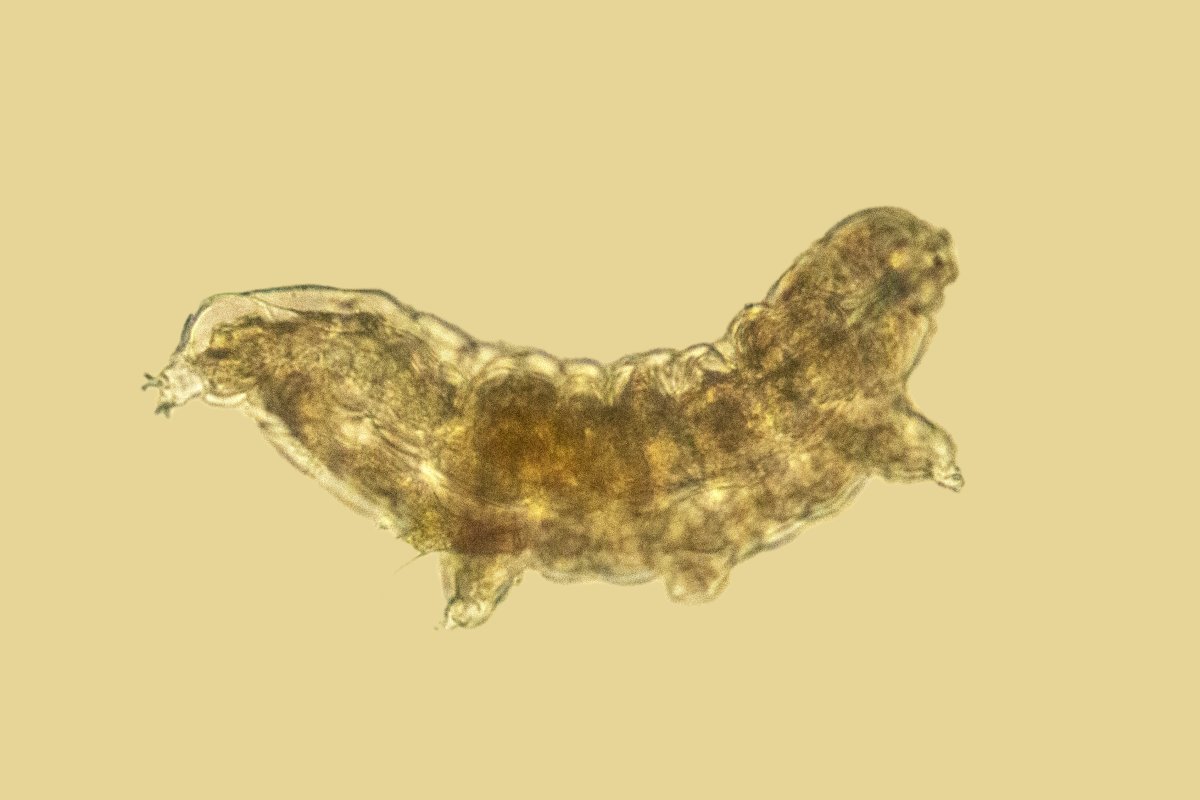The mysteries of how tardigrades survive some of the most extreme environments imaginable have potentially been solved.
Tardigrades, sometimes adorably known as water bears or moss piglets, are microscopic animals capable of enduring conditions that would typically be fatal for most life forms, ranging from extreme temperatures, both high and low pressures, lack of air, radiation, dehydration, and even the vacuum of space.
Now, scientists may have figured out how these hardy critters survive radiation in particular, according to a new paper in the journal Current Biology.

Tardigrades are minuscule creatures, measuring only 0.02 inches long, and are found in a vast array of environments. They often live in mosses, leaf litter, and freshwater and marine sediment, but have also been found in boiling hot springs, on top of the Himalayas, and over 13,000 feet under the ocean.
They are capable of surviving incredibly extreme conditions, even lasting several minutes at temperatures as high as 304 degrees Fahrenheit and as low as minus 458 Fahrenheit. They can go without food or water for decades, reducing their water content to less than 1 percent of normal and entering a state called cryptobiosis, where their metabolic activities come to a practical standstill.
These strange creatures can also withstand immense levels of radiation, surviving over 1,000 times the radiation dose that would kill most other animals. Radiation kills us and other organisms by damaging our DNA, leading to mutations, cancers, and tissue death.
According to the Current Biology paper, a species of tardigrade named Hypsibius exemplaris may be able to correct this DNA damage by amping up their DNA repair genes.
"What we saw surprised us," Bob Goldstein, a tardigrade researcher at the University of North Carolina at Chapel Hill, said in a statement. "The tardigrades are doing something we hadn't expected."
This floods the tardigrades' bodies with DNA-repairing molecules, which rapidly fix any damage caused by intense radiation exposure. We also have DNA repair genes, but these are expressed in much lower levels than in tardigrades.
"These animals are mounting an incredible response to radiation, and that seems to be a secret to their extreme survival abilities," Courtney Clark-Hachtel, an assistant professor of biology at UNC Asheville and previous postdoctoral scholar in Goldstein's lab, said in the statement. "What we are learning about how tardigrades overcome radiation stress can lead to new ideas about how we might try to protect other animals and microorganisms from damaging radiation."
They also found that the tardigrades upregulate these DNA repair genes in response to detecting radiation, rather than expressing them in high levels all the time.

"We hypothesize that the tardigrades' ability to sense ionizing radiation and massively upregulate specific DNA repair pathway genes may represent an evolved solution for maintaining DNA integrity," the researchers wrote in the paper.
Other researchers in France found similar results in completely independent experiments, which also discovered a new tardigrade protein that could protect their DNA from radiation damage, according to a pre-print paper published recently in the journal eLife.
"We were thrilled to see that each lab's results could independently confirm each other," Goldstein said.
Do you have a tip on a science story that Newsweek should be covering? Do you have a question about tardigrades? Let us know via science@newsweek.com.
Uncommon Knowledge
Newsweek is committed to challenging conventional wisdom and finding connections in the search for common ground.
Newsweek is committed to challenging conventional wisdom and finding connections in the search for common ground.
About the writer
Jess Thomson is a Newsweek Science Reporter based in London UK. Her focus is reporting on science, technology and healthcare. ... Read more
To read how Newsweek uses AI as a newsroom tool, Click here.








